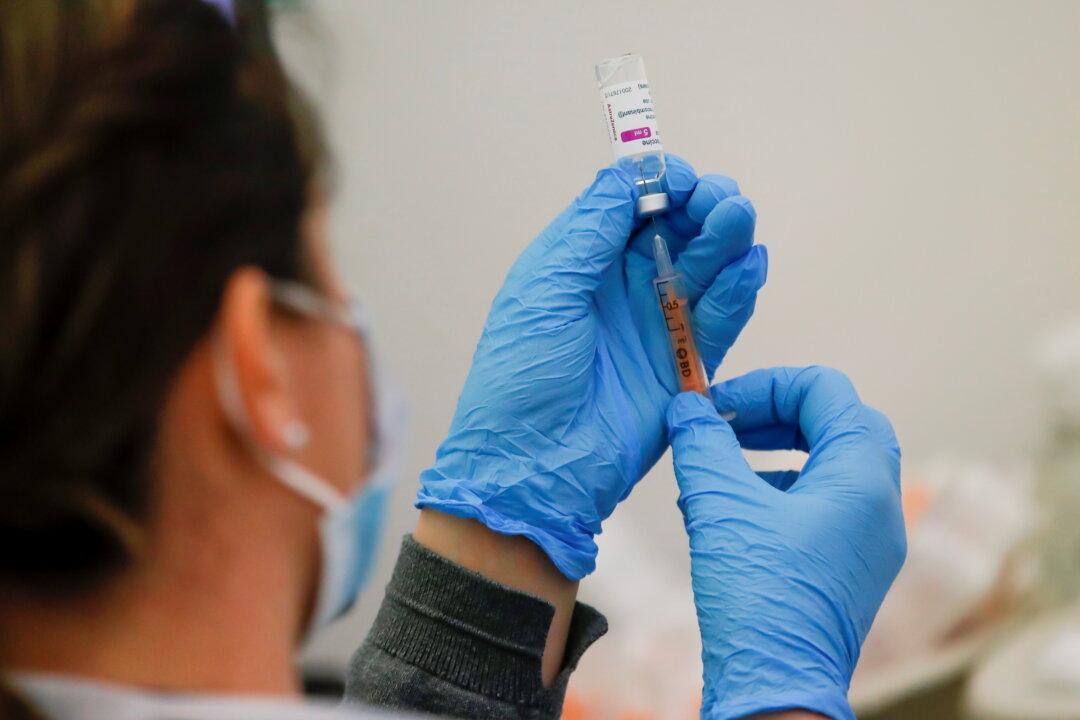Denmark became the first country in Europe to abandon use of the AstraZeneca COVID-19 vaccine, after the country and more than a dozen other European Union nations suspended its usage.
Denmark’s health agency director, Soren Brostrom, said Denmark won’t use the shot as part of its vaccination campaign—even as the World Health Organization (WHO) and EU’s European Medicines Agency (EMA) have said the benefits of using the AstraZeneca shot outweigh the negatives amid reports of rare blood clots.





